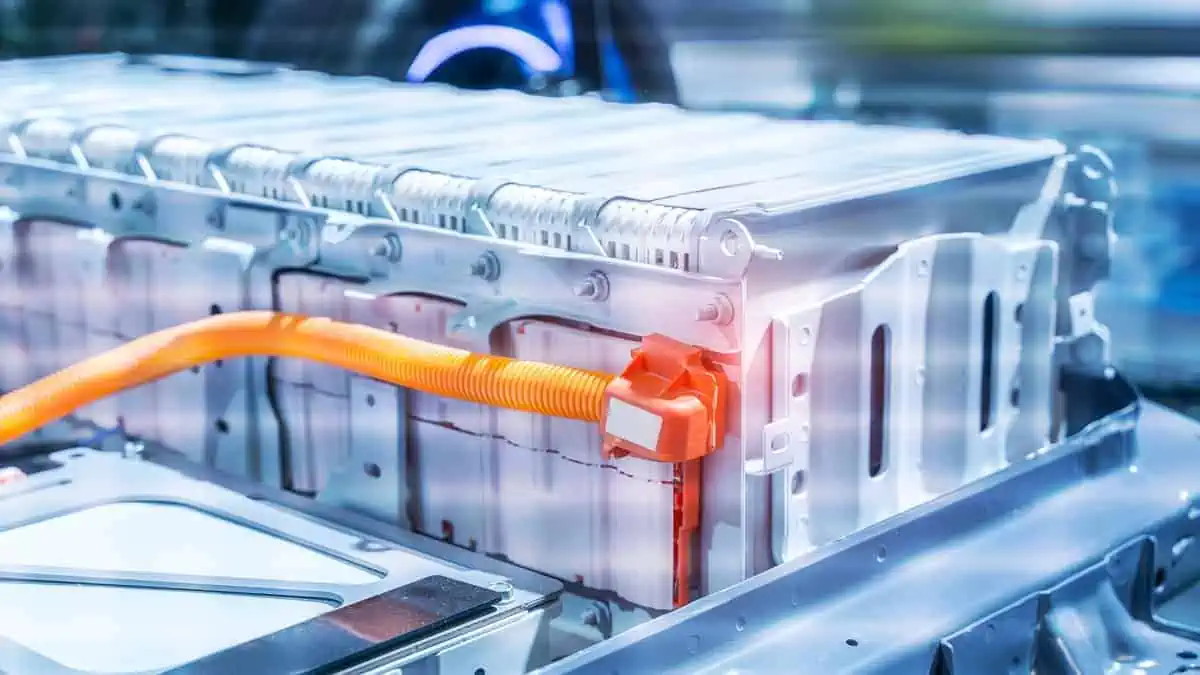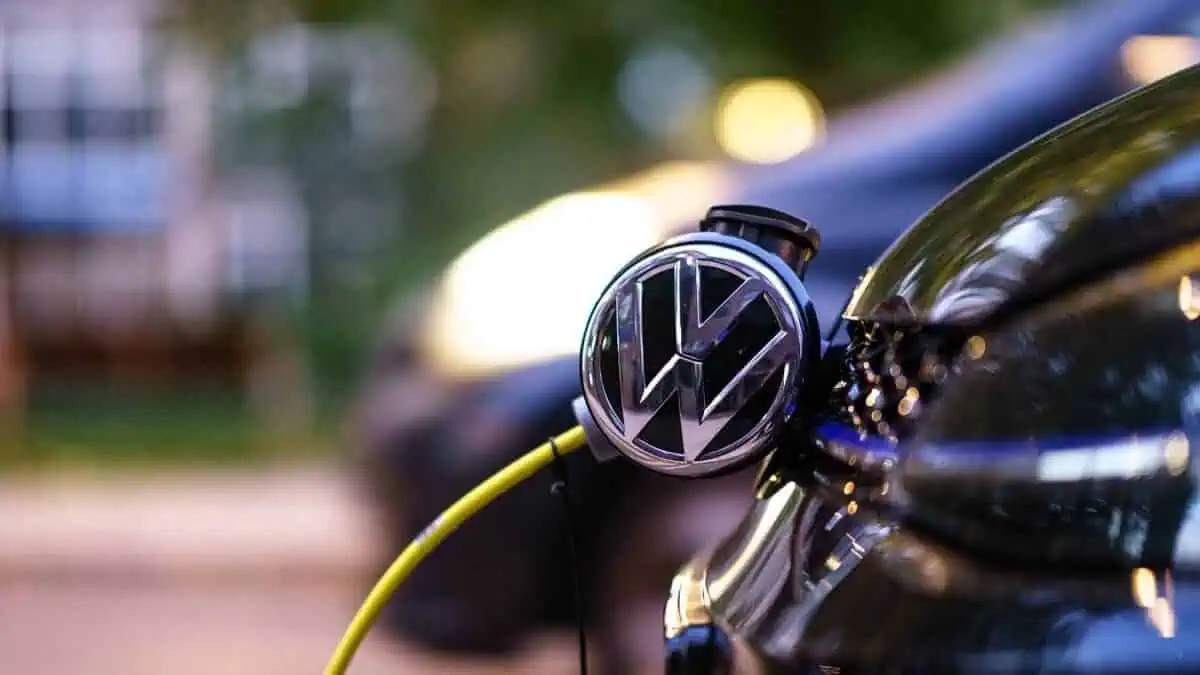Japanese multinational electronics giant Toshiba has just boosted the capacity of its ultra-fast rechargeable SCiB batteries by 50%. This innovation promises to enable a 10-minute recharging time and support a longer life cycle, per the press release.
Prototype bus tested in Brazil
Toshiba Corporation, together with Japan’s Sojitz Corporation and Brazil’s CBMM, introduced an electric bus prototype featuring the next-gen SCiB batteries.
Volkswagen Truck & Bus developed the electric bus prototype that debuted in Brazil. The partners plan to showcase the prototype at CBMM’s industrial plant in Araxá, Brazil.
Toshiba has already tested its innovative cells in EVs like the Mitsubishi i-MIEV and Honda Fit EV. However, the cells still seem more applicable to electric buses and industrial vehicles because they can work from -22 to 140°F to (from -30 to +60℃). They can also last 10,000 cycles with more than 80% of their original capacity. In addition, they can recharge in only 10 minutes, up to 80%.
Toshiba’s next-gen batteries offer 10-min charge and longer life
Toshiba’s new SCiB Nb cells utilize niobium titanium oxide (NTO) in the anode, enabling them to yield substantially higher energy density than the current SCiB cells with lithium titanium oxide (LTO) anode.
The SCiB batteries apparently deliver ultra-fast charging capability of just 10 minutes. It also promises extreme longevity. In addition, it can work in varying temperatures.
However, these low-voltage li-ion cells (2.3-volt nominal) offer a low energy density, reaching only up to 200 Wh/l. This is significantly lower than the energy density found in many EV batteries.
Therefore, Toshiba developed the new SCib Nb cells to boost the energy density by 50% to 350 Wh/l (307 Wh/l including tab and sealing area) without compromising its other strong sides.
Market launch expected in 2025
While the improved energy density of the next-gen SCiB batteries is still not enough compared to high-energy-dense li-ion chemistries in electric cars, it remains a huge advancement for electric buses that often utilize SCiB batteries.
As per the report, Toshiba plans to launch its next-gen SCiB Nb battery cells to the market in Spring 2025.
It promises to yield about three times higher theoretical volume capacity than the older LTO type owing to its new anode material.
Presented below are the key specifications of Toshiba’s SCiB Nb 50 Ah cell:
| Specification | Value |
| Anode Material | Niobium Titanium Oxide (NTO) |
| Rated Capacity | 50 Ah |
| Nominal Voltage | 2.3 V |
| Output Power (SOC 50%, 10s, 25 ℃) | 1000 W |
| Input Power (SOC 50%, 10s, 25 ℃) | 2000 W |
| Volumetric Energy Density | 350 Wh/L (Including tab and sealing area: 307 Wh/L) |
| Weight Energy Density | 130 Wh/kg |
| Dimensions (Excluding tab and sealing area) | 98 x 280 x 12 mm |
| Dimensions (Including tab and sealing area) | 102 x 310 x 12 mm |
| Weight | Approx. 860 g |
| Rapid Charge Performance | 5C charge (10 minutes to 80% SOC) |
| Operating Temperature Range | -30 ℃ to +60 ℃ |
| Cycle Life (Capacity Retention) | Over 80% after 10,000 cycles |






